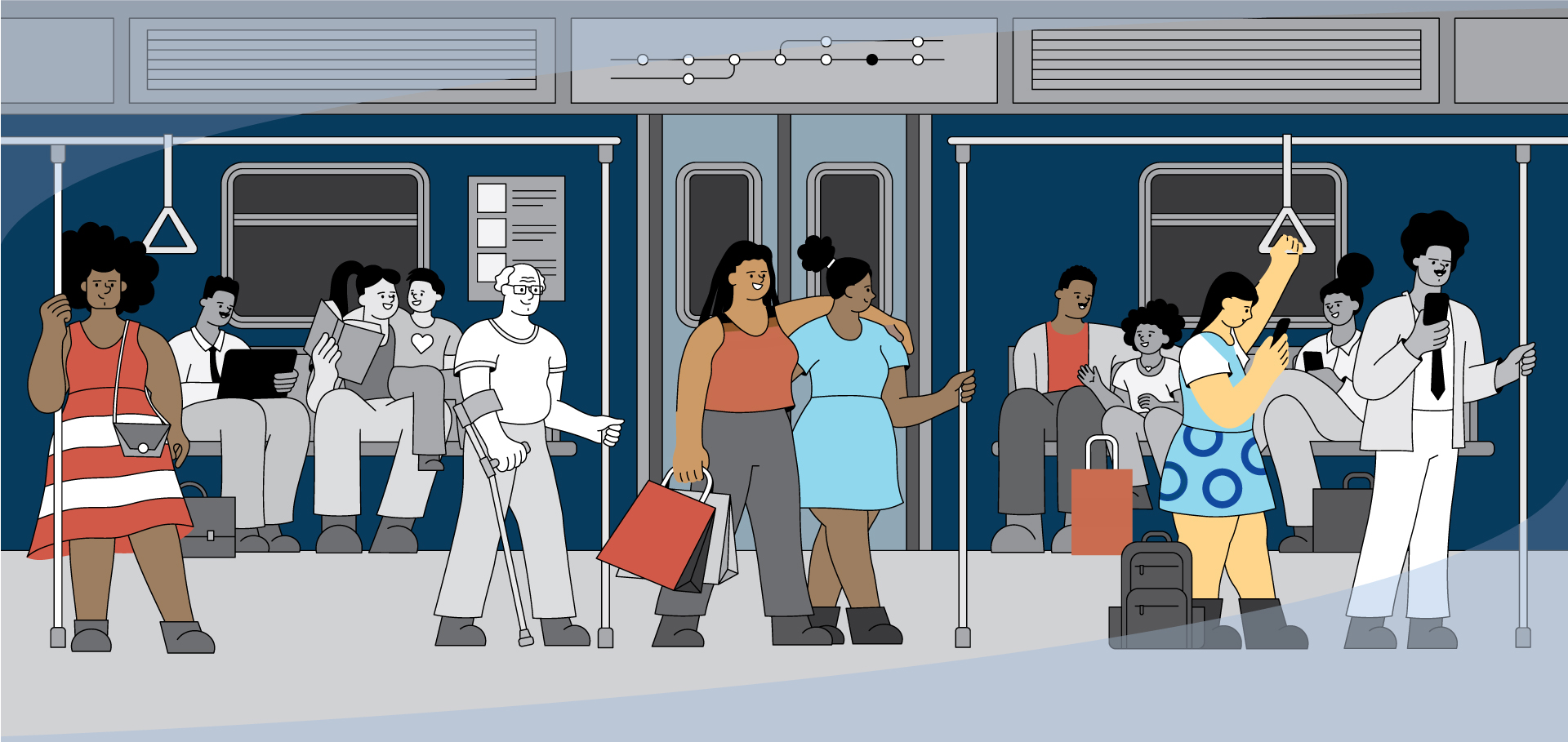Personal Safety and Security

Personal safety considerations can include a number of harmful situations or surroundings - whether on campus or off campus. The resources below are available to help you gain knowledge of common types of potentially harmful situations, where to find more resources, and tips for keeping yourself safe, no matter where you are. Please also review Safety in the Community for more tips.
At any time, if you need more information or want to talk to someone about personal safety, please contact us at iesc@uwo.ca or 519-661-2111 ext. 89309.
You can also contact Student Support and Case Management at sscm@uwo.ca or 519-661-2111 ext. 89152.
Gender-Based and Sexual Violence
Did something happen to you, personally?
Learn what to do and how to get support.
Want to help a friend?
Learn how to help.
Immediate help and Emergency Contacts
Gender based violence is any sexual act or act targeting a person’s sexuality, gender identity and gender expression, whether the act is physical or psychological in nature, that is committed, threatened or attempted against a person without the person’s consent. It includes sexual assault, sexual harassment, stalking, indecent exposure, voyeurism, cyber harassment and sexual exploitation.
If you have experienced gender-based and sexual violence there is support available to you through the Gender-based Violence & Survivor Support Case Manager at Western University. They will provide support to you regardless of if you were subjected to gender-based violence on- or off-campus, or before you came to Western. They will listen and, with your consent, connect you to resources within the university and the community, explain reporting options, assist with safety planning and navigate academic and other accommodations. At no point will you be required or pressured to follow a specific path.
What is consent?
The Criminal Code of Canada defines consent as it relates to sexual assault as the voluntary agreement to engage in sexual activity. It’s important to remember that consent:
- Is never assumed or implied
- Is not silence or the absence of "no"
- Cannot be given if the person is impaired by alcohol or drugs, or is unconscious
- Can never be obtained through threats or coercion
- Can be revoked at any time
- Cannot be obtained if the person asking abuses a position of trust, power or authority
Consenting to one kind or instance of sexual activity does not mean that consent is given to any other sexual activity or instance. No one consents to being sexually assaulted.
To learn more about gender-based and sexual violence, how you can get support, and how you can support others, visit Understanding Gender-Based and Sexual Violence or contact:
Watch this video to help understand consent, and why it's important to you.
Gender-Based Violence & Survivor Support Case Manager
519-661-3568
support@uwo.ca
When Walking Alone
- Be alert and take notice of people walking in your general vicinity.
- Do not use your phone or read when walking because you will be distracted from your surroundings.
- If you are wearing headphones or ear buds it is more difficult to hear a car or someone approaching you.
- At night, avoid walking alone. If you must walk alone, try to walk on well-lit streets where you know people will be around.
- You don’t have to give money to strangers asking you for “change”.
- If you choose to give a little money, avoid opening your wallet in front of them and consider keeping coins in your pocket for this purpose
Night Life Safety
- Do not accept alcoholic or non-alcoholic beverages from strangers and never leave your drink unattended.
- If you plan to consume alcohol while you are out, it is best to go with people who you know well and trust.
- The legal drinking age in Canada is 19.
- It is illegal to drink alcohol in public places such as in a park or when walking down the street. Alcohol can only be consumed in an establishment or at an event that has a license to serve alcohol and in your home if you are of legal drinking age.
- Possession of drugs such as cocaine, opioids and ecstasy is illegal in Canada.
- Taxis are considered a safe way to get home.
- If you own a car, never drive after you have consumed alcohol or cannabis (marijuana). Driving while impaired can result in large fines, tickets, the suspension of your licence, and/or an arrest with jail time.
- Do not let strangers you have recently met drive you home.
Buses – London Transit Commission (LTC)
- When getting on or off the bus please use the hand rails (especially if the bus is moving).
- At night you can request a “Courtesy Stop” from the bus driver. The bus driver will then do their best to stop closer to your destination if the route allows them to do so safely.
- If you are ever in an unsafe situation you can get onto a bus, LTC can contact the police through their radio dispatch.
- When travelling, asking for directions from strangers can indicate to them that you are not familiar with your surroundings and this can pose a safety risk. If you need directions ask a bus driver or store employee.



